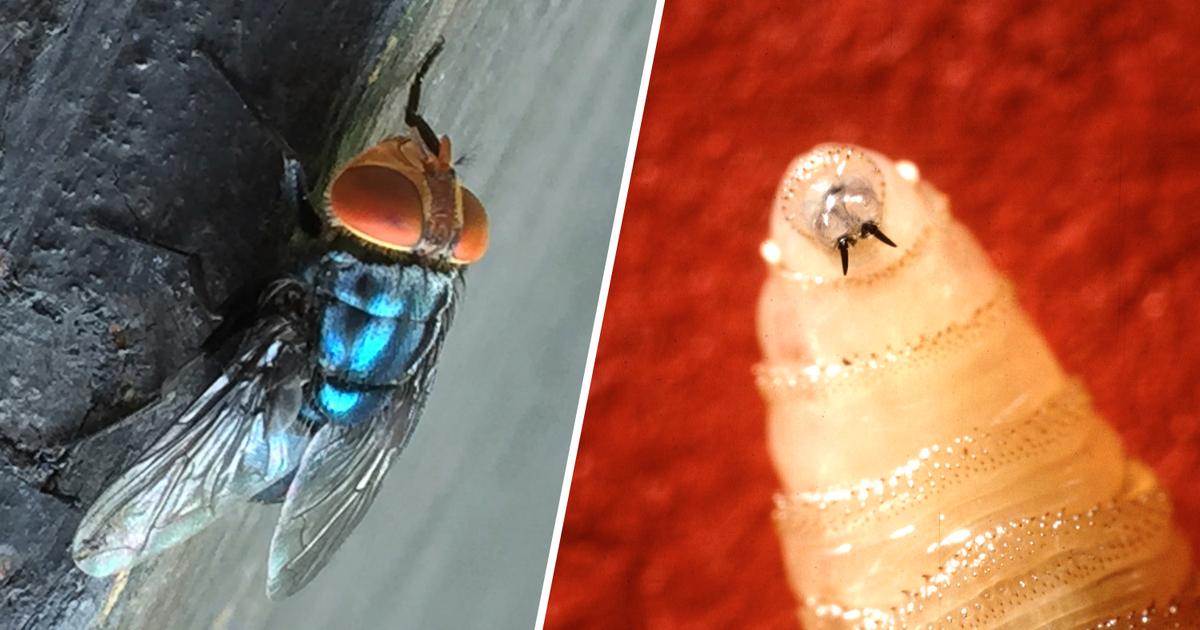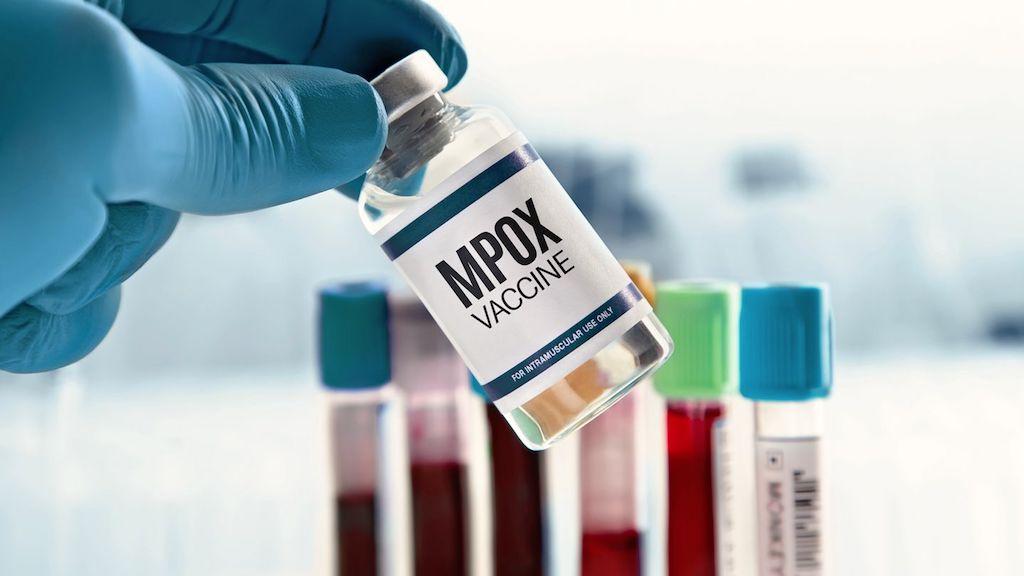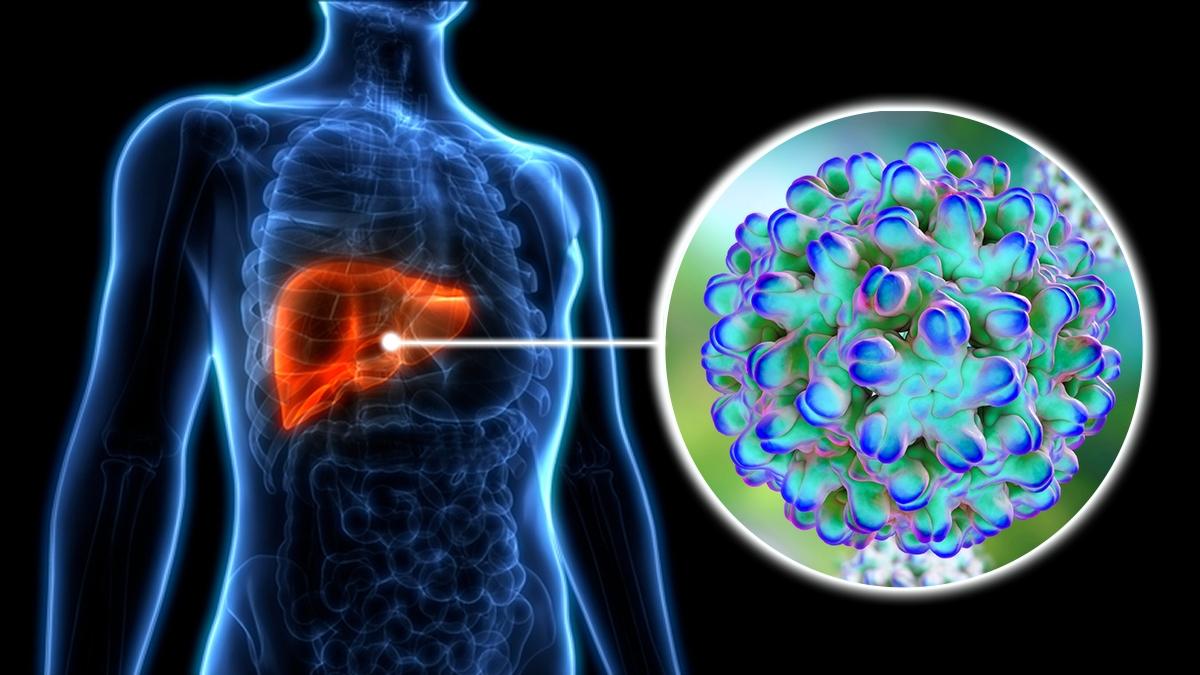
The U.S. has confirmed its first human case of New World Screwworm infestation linked to international travel, health officials announced. The case was identified in a patient who had recently returned from El Salvador and later tested positive for the parasite.
According to the Department of Health and Human Services (HHS), the Centers for Disease Control and Prevention (CDC) confirmed the case on August 4, working closely with Maryland’s health department. “This is the first human case of travel-associated New World screwworm myiasis from an outbreak-affected country identified in the United States,” said HHS spokesperson Andrew Nixon. He emphasized that the current risk to the U.S. public remains “very low.”
New World Screwworm myiasis is caused by parasitic flies whose larvae, or maggots, feed on the flesh of living animals. The larvae burrow into open wounds or natural body openings such as the nostrils, eyes, or mouth, causing painful infestations that can expand wounds and, if untreated, may lead to severe tissue damage or even death. The U.S. Department of Agriculture (USDA) warns that while livestock, pets, and wildlife are the most common victims, humans can also be infected in rare cases.
The condition is most common in South America and the Caribbean, particularly in rural regions where livestock is raised. The CDC notes that people with open sores, wounds, or other vulnerabilities face greater risk of infection. Currently, there is no medication to treat New World Screwworm; instead, infestations must be managed through medical or veterinary intervention to remove larvae.
Concerns about the spread of screwworms have been rising in recent years. Late in 2024, Texas authorities issued an advisory after the parasite was found in cattle in southern Mexico’s Chiapas state. Officials warned that the pest had been moving north through the Americas, prompting a call for farmers and pet owners near the Texas border to monitor animals closely for signs of infection.
In June, the U.S. government unveiled a new policy initiative designed to prevent the spread of New World Screwworm through livestock and animal imports. Plans include building an insect dispersal facility in Texas as part of wider efforts to protect the country’s agriculture and wildlife.
While this case marks the first travel-related human infection in the U.S., health experts say strict monitoring and prevention measures remain essential to limit future risks.
Health

Africa CDC Reports Drop in Mpox Cases, Warns of New Outbreaks
The Africa Centres for Disease Control and Prevention (Africa CDC) has reported a major 58 per cent drop in mpox cases across the continent between epidemiological week 19 and week 30 of 2025.

CS Duale Suspends 40 Hospitals Over SHA Insurance Fraud
Defence Cabinet Secretary Aden Duale has suspended 40 hospitals and 12 health officials over allegations of defrauding the Social Health Authority (SHA) system.

RFK Jr. Cancels $500M in mRNA Vaccine Projects Over Safety Concerns
The U.S. government is canceling $500 million worth of vaccine development projects that use mRNA technology, Health and Human Services (HHS) Secretary Robert F.

Nigerian Nurses Suspend Strike After Talks With Government
The nationwide warning strike by Nigerian nurses and midwives has been suspended following a closed-door meeting with government officials.

Mpox Outbreak: 314 Cases and 5 Deaths Reported in 22 Counties
The Ministry of Health has confirmed 314 Mpox cases and five related deaths across 22 counties in Kenya so far.

WHO Labels Hepatitis D a Cancer Risk, Urges Global Action
The World Health Organization (WHO) has classified Hepatitis D as a cancer-causing virus, warning that it significantly increases the risk of liver cancer in people already infected with Hepatitis B.

Dei BioPharma Earns U.S. Patents for Game-Changing Therapies
In a major step forward for global healthcare, Uganda’s Dei BioPharma has secured two U.S. patents for breakthrough therapies aimed at making cancer and immune treatments more affordable and accessible.
